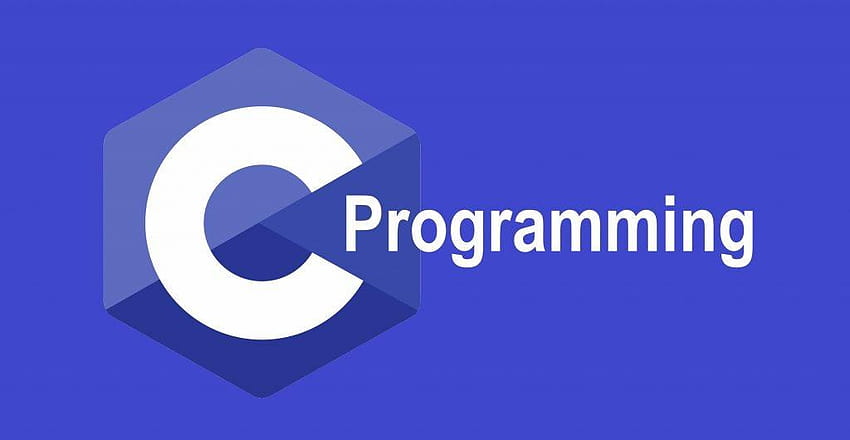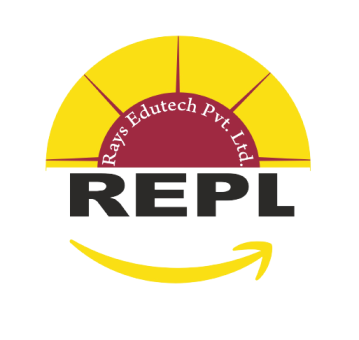WhatsApp
9308654075
Courses
- Web Development
- Data Analytics
- Data Science with AI
- Cyber Security
- Python
- Django
- C Language
- C++
- Java Training
- Data Structure
- Algorithm
- Front-end Development
- JavaScript, jQuery & Ajax
- React.js
- Node.js & Express.js
- MySQL
- SQL
- PL/SQL
- Oracle
- MongoDb
- SQLITE
- ADCAT
- ADCA
- DCA
- Tally Prime
- Advance Excel
- COA
- ADOA
- GST
- TAT
- TDS & Payroll

C Language
The C language is known as the mother language because almost all procedural language and object oriented languages follow the properties of C language. Many of the later languages have borrowed their syntax from C. So, it is always advisable to learn C language first so that other languages become easy to learn.
| Course Name | Date & Time | Take Demos |
|---|---|---|
| Core Java | 03/06/2024 | View Details |
| User Interface(UI) | 03/06/2024 | View Details |
| React.js | Starting Soon... | View Details |
| MySQL | Starting Soon... | View Details |
| ADCAT | Starting Soon... | View Details |
Where it is used?
C language is mostly used in the following applications:
- Operating system
- Device drivers
- Embedded system programming
- 3D computer games
- Home appliances
- Games and many more.
Major parts of Windows, Unix and Linux are still written in C. So if you want to program these OS or create your own you need to know C.
WHY REPL?
- Life time validity (enroll one time and revise many times)
- Interaction with the best faculty and Industry Experts
- Small Batches to focus on each student
- We focus on both theoretical and practical approaches in a parallel way.
- You will be given the opportunity to work on a live project.
- Outdoor activities to boost your confidence.
- Presentation in class by the students.
Our Key Features:
- Good Quality Material Notes
- Smart Classes Available
- Online Test
- Chapter wise Assignments
- Offline And Online Classes
- Recorded class on Rays App
- Eminent faculties of the IT Industry( Amazon, Wal-Mart, Oracle, Microsoft..)
- Fully AC and Wi-Fi Campus.
Syllabus
C Language
- About C Language
- Advantages of C Language
- Disadvantages of C Language
- A Sample Program in C Language
- Elements of the Sample Program
- Editing, Compiling, Linking and Execution
- Problems related to plateform
- Problems related to application
- Important Points regarding a C Program
- Some Important Functions used frequently
- The Essential function
main() - Screen Related Functions
cprintf()
textcolor()
textbackground() - Keyboard Related Functions
kbhit()
delay()
sleep() - System Related Functions
system()
textmode()
- Data/Constant/Value used or supported in C Language
- Numeric Data
- Octal Value
- Decimal Value
- Hexadecimal Value
-
- Alphabetic Data
- Character Value
- String Value
- Conversion between one base to another
- About Variable
- Variable Naming Conventions
- Data Types
- void
- char
- int
- float
- double
- Character Input-Output
- putchar()
- getch()/getche()/getchar()
- Formatted Input-Output
- printf()
- scanf()
- Types of Variable
- Local Variable
- Global Variable
- Modifier
- Signed
- unsigned
- short
- long
- About sizeof() operator
- Storage Specifiers
- auto
- static
- extern
- register
- Qualifiers
- const
- volatile
- restrict
- Arithmetical Operators
- Simple Arithmetical (+, -, *, /, %)
- Increment-Decrement (++, --)
- Assignment Operators
- Simple Assignment (=)
- Multiple Assignment (=)
- Compound Assignment (+=, -=, *=, /=, %=)
- Relational Operators (>, <,>=, <=, !=,==)
- Logical Operators (&&, ||, !)
- Bitwise Operators (<<,>>, &, |, ~, ^)
- Special Operators
- Operator Order of Precedence
- Selection/Decision/Conditional statement
- if … else Statement
- Nested if…else
- switch … case Statement
- Nested switch … case
- About ternary (?:) operator
- Looping/Iterative/Cyclic/Recursive/Repetitive Statement
- Pre-test Loop
- while
- for
- Post-test Loop
- while
- Non-Contiguous or Jump Statement
- goto
- gotoxy
- break
- continue
- return
- exit
- About Pointer
- Need of Pointers
- Declaring Pointers
- Kinds of Pointers
- Zero-Level Pointer
- One-Level Pointer
- Multi-Level Pointer
- About Array
- Need of Array
- Declaring Array
- Kinds of Array
- Single Dimensional Array
- Single Dimensional Character Array
- Single Dimensional Numerial Array
- Multi Dimensional Array
- Multi Dimensional Character Array
- Multi Dimensional Numeric Array
- Matrix
- Matrix Representation
- Matrix Addition
- Matrix Multiplication
- Sparse Matrix
- Sparse Representation
- Sparse Addition
- Sparse Multiplication
- Polinomial
- Polinomial Representation
- PolinomialAddition
- Polinomial Multiplication
- Hash Table
- About Function
- Need of Function
- Declaring, Defining and Calling the Functions
- Kinds of Function
- Based on Definition
- User Defined Function
- Predefined Function
- Based on Call
- Call by Value
- Call by Reference
- String Function
- Inline Function
- Recursive Function
- Mathematical Function
- Structure
- About Structure
- Need of Structure
- Defining Structure
- Accessing Structure
- Pointer with Structure
- Array of Structure
- Union
- About Union
- Need of Union
- Defining Union
- Accessing Union
- Difference between Union and Structure
- enum
- typedef
- About typedef/li>
- Using typedef/li>
- About Arguments
- About Command-line
- Need of Command-line Arguments
- Accepting Arguments from Command-line
- Using the Arguments accepted from Command-line
Recent Posts



Request A Demo!
|
|
|
|
|
|
|
|
Sign In!
|
|
|
|
